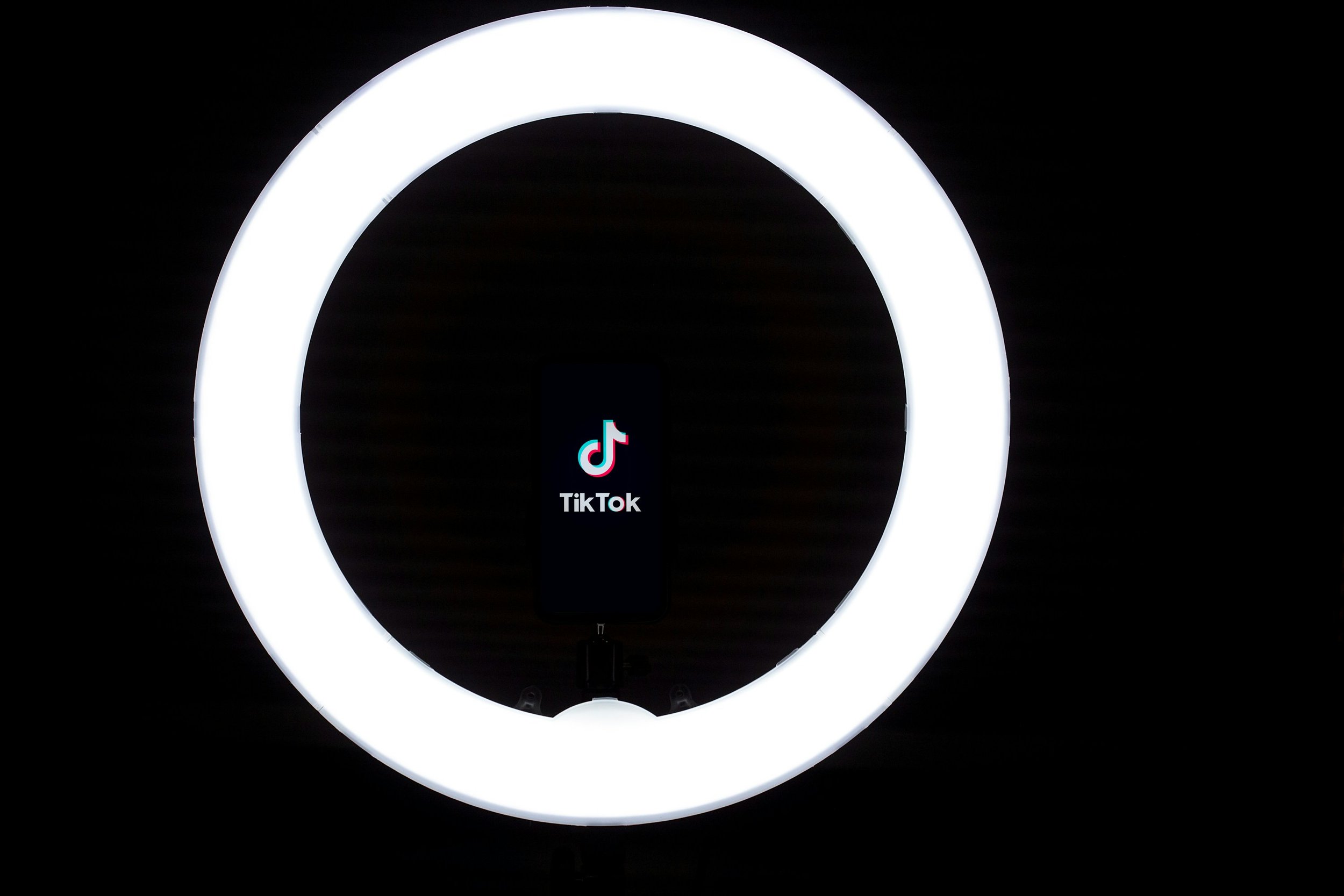Is TikTok the New LinkedIn for Gen Z Job Seekers?
The question isn’t just whether TikTok could replace LinkedIn, but whether Gen Z even sees the need for traditional professional platforms. For many in this generation, self-presentation through platforms like TikTok is simply more aligned with their values, allowing them to demonstrate adaptability, personality, and skills in ways a resume or LinkedIn profile might not capture.
So, does this mean that the nature of professional networking is evolving away from formal platforms altogether? Or is TikTok simply a stepping stone that will eventually lead Gen Z back to LinkedIn as their careers progress? Let’s look at the data, trends, and real-world examples shaping the future of work for this generation.
Why TikTok Appeals to Gen Z Job Seekers
Gen Z is the first generation of digital natives, growing up with mobile devices, social media, and rapid shifts in technology. According to a recent report by Pew Research, they also prioritize authenticity and creativity, preferring platforms where they can express their unique voice and interests. TikTok’s casual, video-based content offers exactly that—a sharp contrast to LinkedIn’s formal, text-heavy profile format. TikTok users, particularly younger ones, find this visually engaging format more appealing as it enables them to demonstrate skills and personality in real-time, which often isn’t possible with traditional resumes.
Furthermore, a 2024 CareerBuilder survey found that over 75% of Gen Z respondents felt they could better express their professional skills through video or audio content rather than written resumes. This demand for a more expressive and authentic format has naturally positioned TikTok as an attractive job-seeking platform for this demographic.
TikTok as a Job Search Tool: The Rise of #CareerTok
The popularity of TikTok as a job-searching platform is evidenced by the viral growth of the #CareerTok hashtag, which, as of early 2024, has amassed over 4 billion views. Creators, career coaches, and companies are using #CareerTok to share tips on resume writing, interviewing, and job search strategies. Moreover, professionals across industries—including marketing, tech, and entertainment—use TikTok to spotlight their career journeys, offer advice, and sometimes even recruit directly through the platform.
High-profile companies are beginning to take notice, with brands like Target and Chipotle launching recruitment campaigns on TikTok to attract younger workers. These campaigns use a mix of brand-centric content and employee testimonials, aligning with Gen Z's preference for authenticity and transparency in employer branding.
TikTok Resumes: An Experimental but Growing Trend
Photo by Solen Feyissa
In July 2021, TikTok launched a pilot program called TikTok Resumes, allowing users to apply to companies using short-form video resumes. Although the program ended, it set a precedent, highlighting that both employers and job seekers were open to exploring video as a legitimate resume format. According to LinkedIn’s Workforce Report 2024, 40% of hiring managers would consider a video resume, with many seeing it as a valuable supplement to traditional application materials.
The TikTok Resume trend has also encouraged Gen Z job seekers to develop “video portfolios,” showcasing their skills in project management, marketing, or other fields. This creative approach has proven especially advantageous for applicants in creative industries, as it allows hiring managers to assess soft skills, such as communication and adaptability, from the onset.
The Downsides: Does TikTok Risk Undermining Professionalism?
However, TikTok is not without its drawbacks as a professional platform. While some employers are open to video resumes, many remain skeptical about TikTok’s value in professional recruitment. According to a 2024 survey by SHRM, 63% of recruiters still preferred LinkedIn profiles for evaluating candidates’ work histories, skills, and endorsements in a standardized format.
Additionally, TikTok's algorithm-driven feed may also hinder job seekers from targeting specific industries or companies, as content reach can be unpredictable. In contrast, LinkedIn offers more targeted job-searching features and networking tools tailored specifically to professional goals.
While LinkedIn remains the go-to platform for structured networking and job searches, TikTok is quickly becoming a complementary tool for entry-level job seekers and creatives who value its authenticity and creative freedom. In a 2024 Glassdoor report, employers noted that candidates who shared creative TikTok portfolios were often better at communicating and problem-solving—skills highly valued in fast-paced work environments.
Despite TikTok's growing influence, it’s unlikely to replace LinkedIn entirely. However, it serves as an effective tool for Gen Z job seekers to enhance their visibility, showcase creativity, and connect with brands in innovative ways. For industries that value creative skills, such as digital marketing, design, and media, TikTok offers an edge that traditional platforms might lack.
New Stardom is a leading online magazine focused on the Future of Work, delivering the latest news on AI, remote work, and emerging workplace trends.



